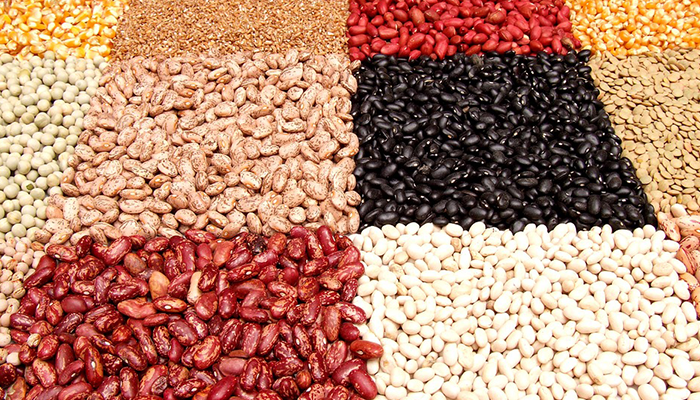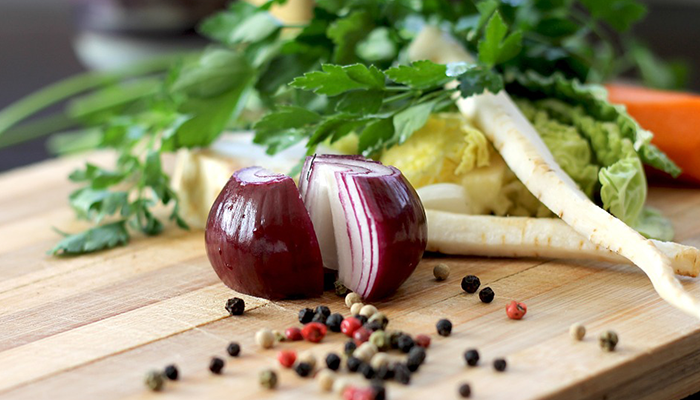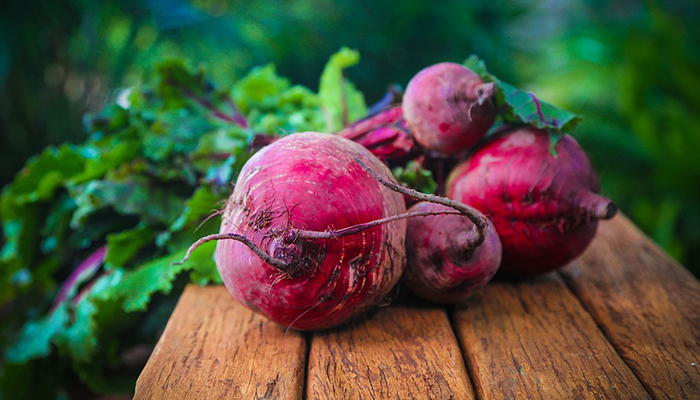Table of Contents
Cooked food is certainly tastier and maybe even easier to digest but it lacks nutritional value as compared to raw food. While cooked is safe from food-borne diseases, it loses certain vitamins and minerals that are good for the body. When it comes to the choice between the two, some affirm that raw foods improve health, while others lean towards the nutritional benefits of cooked foods.
Foods, when heated, change their physical and chemical properties, which have different effects on the gut microbes. The example of tomatoes is a case in point – when cooked for 2 minutes or more, tomatoes lose their Vitamin-C contents but their antioxidant contents increase.
Irrespective of the diet you choose to follow, exercising regularly is essential to stay healthy. You can choose to attend different workouts until you find the one that suits you. Choose to workout anywhere, anytime, and anyhow with FITPASS that offers 1,50,000+ workout sessions at 3,500+ fitness centers across 12+ cities of India.
Difference between Raw Food and Cooked Food

Unprocessed, uncooked, and unheated foods make up a raw-food diet. Sprouted grains, nuts, seeds, fermented foods, and raw fruits and vegetables are common examples. A raw food diet is like a vegan diet, which excludes most animal and dairy products. Some people, however, include raw dairy products such as fish and even raw meat.
According to raw food advocates and popular online opinion, raw food benefits are higher as compared to cooked food benefits because enzymes and some nutrients are lost in the process of cooking. Some believe that cooked food may even be toxic. While some vegetables and fruits are best consumed raw, there might be some drawbacks to a raw-food diet. It’s quite hard to follow but more importantly, only cooking can destroy dangerous bacteria and microorganisms present in some foods. Raw food diet poses a risk of food-borne illnesses.

Raw vegetables contain more nutrients than cooked veggies but that doesn’t mean that you can get all the benefits of raw food. According to experts, what your body can absorb is more important; some nutrients are lost when veggies are cooked but it also makes some of them more available for the body.
Cooked veggies offer more absorbable beta-carotene along with antioxidants like lutein and lycopene that are good for your eyes and heart & bones, respectively. The bound calcium in foods is readily available for absorption when they are cooked; the difference is significant. Cooked spinach contains up to 5 times more calcium than raw spinach.
Cooking has been proven to aid chewing, improve digestion, and improving the net energy of foods. Some studies suggest that the evolution of the human brain is associated with cooked food since it increases the caloric yield of the diet, which eases chewing, digestion, and food absorption.
However, the best way to eat vegetables is the one that makes you eat enough.
5 Foods more Nutritious when Cooked

The green leafy vegetable is easier to eat and contains more nutrients when cooked. Heating reduces oxalic acid present in Spinach that impairs the absorption of calcium and iron. Steaming spinach helps retain its Vitamin B and folate content that facilitates the production of DNA in the body.

Mushrooms - they retain more antioxidants when heated properly. Certain mushrooms contain agaritine – a potential carcinogenic, which can be eliminated by cooking mushrooms for a few minutes. Cooking removes other toxins from mushrooms as well.

Uncooked potatoes contain starch that cannot be digested; it may cause gas and bloating. They contain compounds that impair vitamin and mineral absorption; cooking decreases these anti-nutrients.

Some legumes can be consumed when they sprout but others cannot be eaten raw. Cooking deactivates lectin – a compound found in red kidney beans – that causes gastrointestinal issues. Cooked legumes benefits include anti-cancer and neuroprotective effects.

Non-vegetarian foods can be extremely harmful if consumed uncooked. They contain bacteria that can cause food-borne illnesses that can be avoided by cooking.
Foods that should be Eaten Raw

Broccoli is packed with calcium, potassium, protein, Vitamin-C, and sulforaphane. The last compound fights cancer cells, lowers blood pressure, improves heart health and has anti-aging and immunity strengthening benefits. This compound is available in high amounts in raw broccoli.

Onions are really good for your health; they contain the phytonutrient allicin that curbs hunger in addition to improving cardiovascular health, prevents cancer, and reduces high blood pressure - all of this if you eat it raw. Raw onions also contain quercetin that is anti-fungal, anti-inflammatory, and anti-bacterial.

Red bell peppers contain nearly 3 times the amount of Vitamin C than you need in a day. They are a great source of Vitamins E and B6, magnesium, and powerful antioxidants.

Nuts – one of the best sources of healthy fats that help lower LDL cholesterol, reduce the risk of blood clots, and improve artery health. Raw almonds, hazelnuts, pecans, cashews, etc. contain higher amounts of magnesium and iron. They can be consumed easily without cooking.

Beets – packed with fiber, potassium, manganese, Vitamin C, and folate, beets contain many nutrients that improve the immune system, stamina in addition to lowering blood pressure, fighting inflammation, and maybe even prevent cancer. Cooking beets destroys up to 1/4th of the folates. They aren’t exactly tasty to eat raw but adding them to salads is a good alternative.


